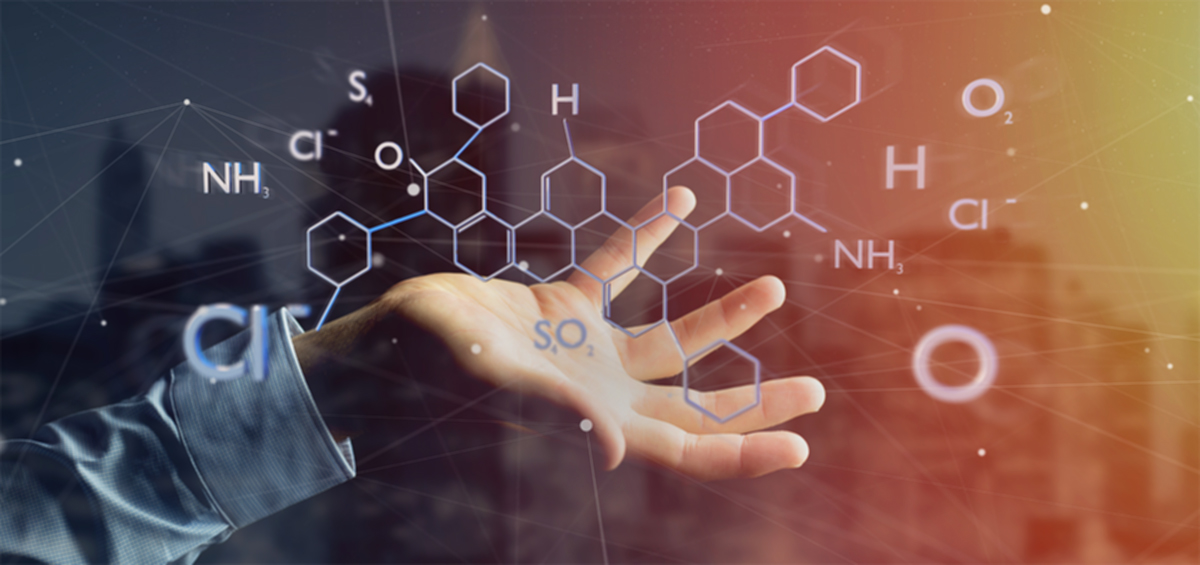About Chemical Education
In a 2007 paper, Carl Wieman (Nobel Prize in Physics winner and strong scientific education advocate) asks: “Why not try a scientific approach to science education?” That is our primary goal: to develop, assess, and implement evidence-based practices for training the next generation of chemists and world citizens.
Chemistry holds the answers to some of the most critical problems facing the world today: medicine, climate and energy, hunger, and more. We have a responsibility to nurture a fascination and appreciation for the molecular sciences, equip the chemical practitioners of tomorrow, and educate the general public.
Chemical Education Activities at BU
Faculty at BU are engaged in Chemical Education Research (CER) projects at all levels of the undergraduate curriculum. Their work covers a wide-array of CER activities such as studying how student misconceptions arise and how they can be avoided; developing novel laboratory and inquiry experiences across the curriculum; promoting the learning of transferable skills through embedded experiences, including communication and writing skills; pioneering the Learning Assistant (LA) program at BU; transforming the chemistry classroom through the effective use of educational technology; and more.
